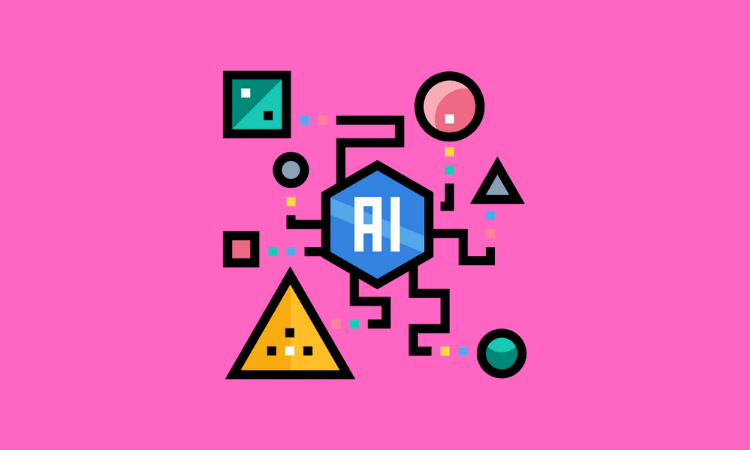Member Exclusive, Online Lenders, Podcasts
Upstart’s Paul Gu: ‘AI is a mindboggling change in the economics of lending’
- Upstart's lending models have been shown to expand access to capital without taking on more risk.
- The fintech firm is rolling out a new auto product in addition to a credit decisioning API.








